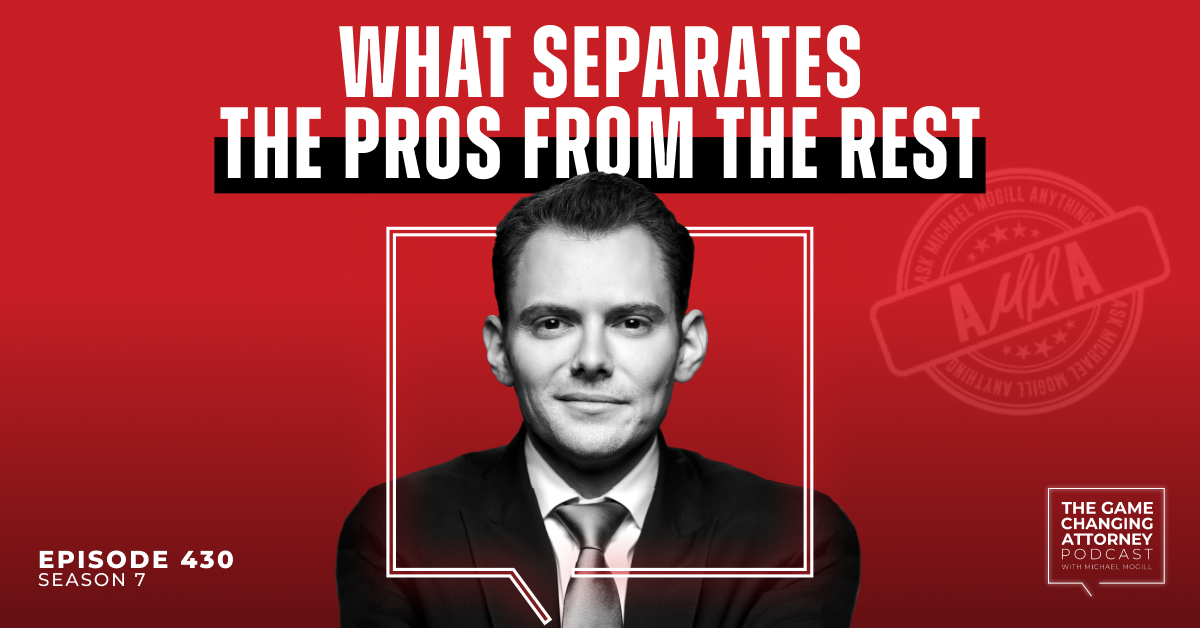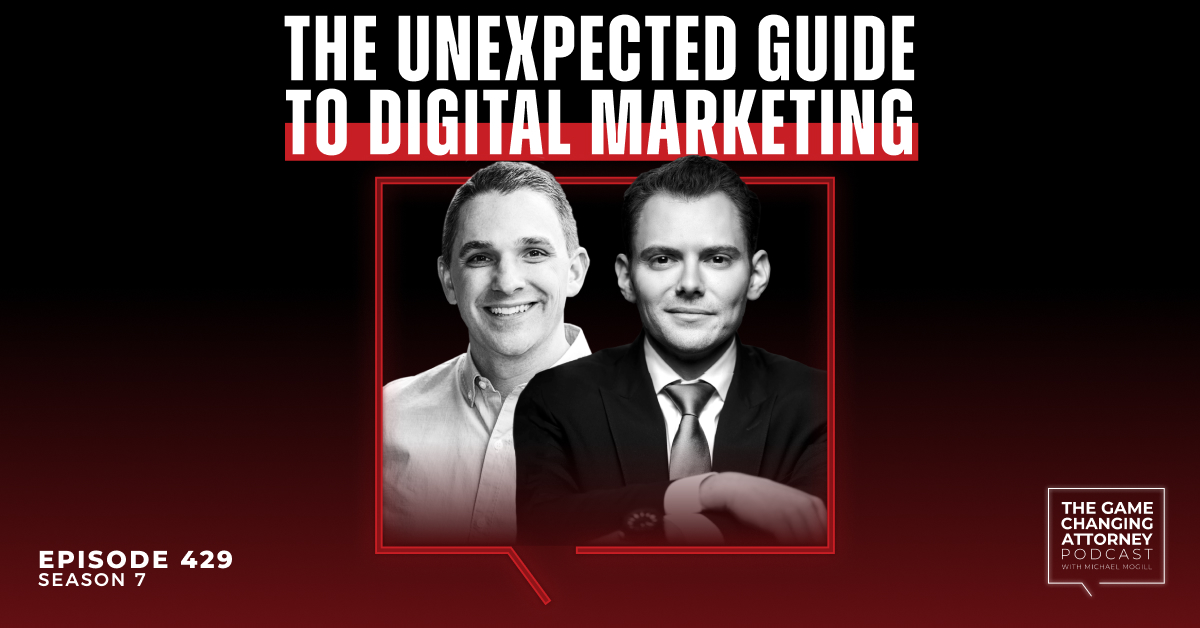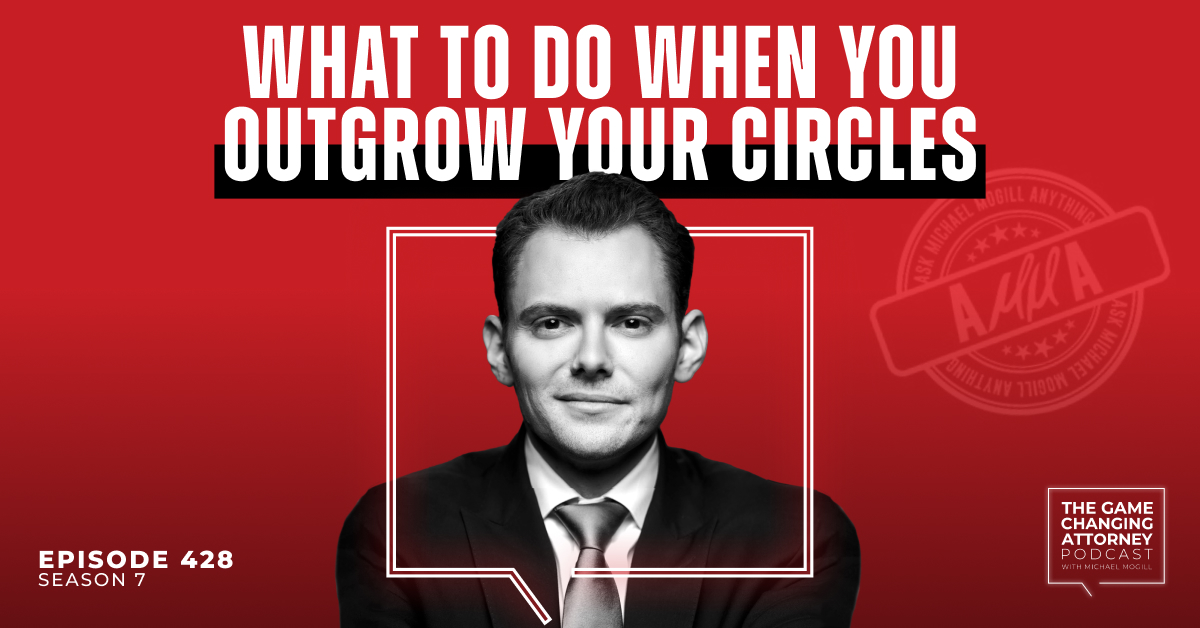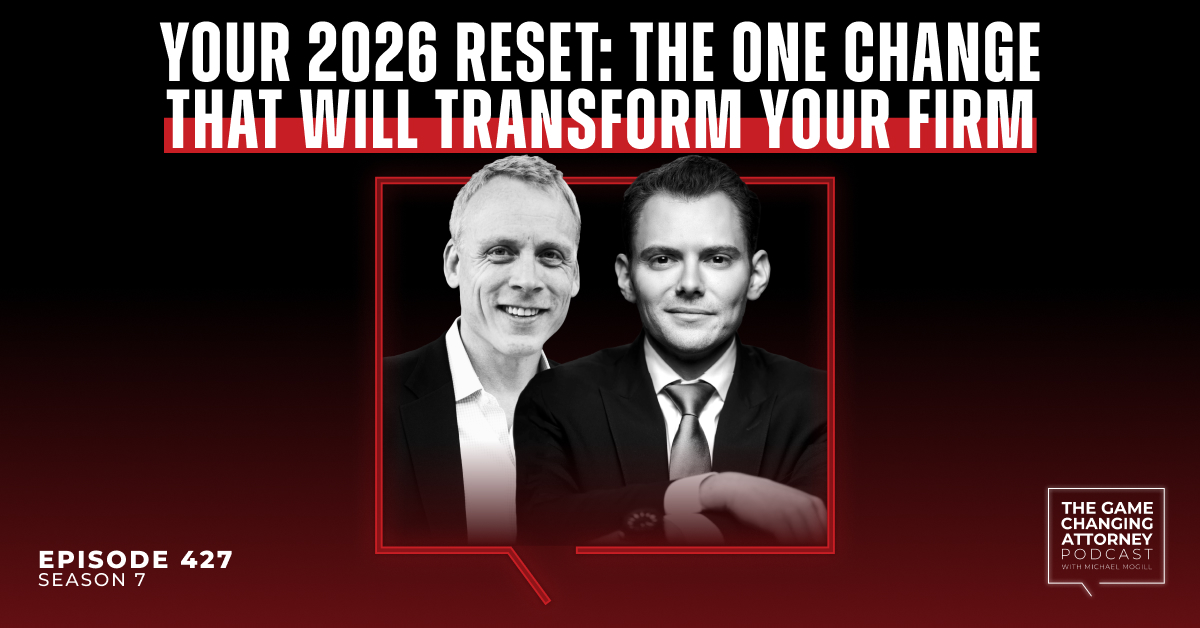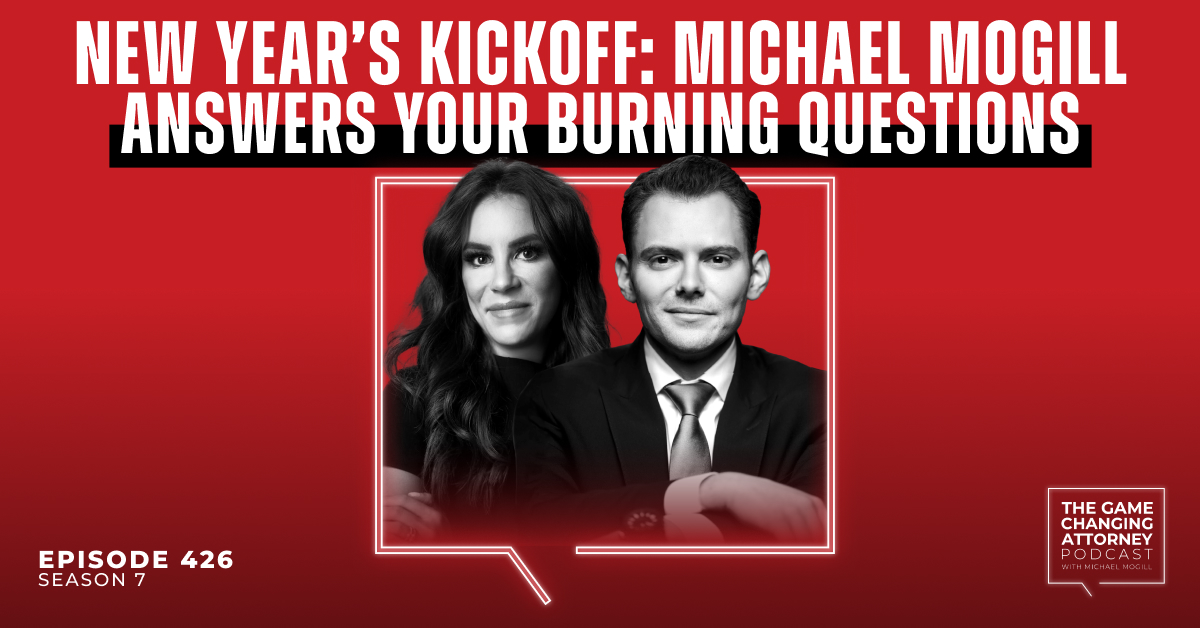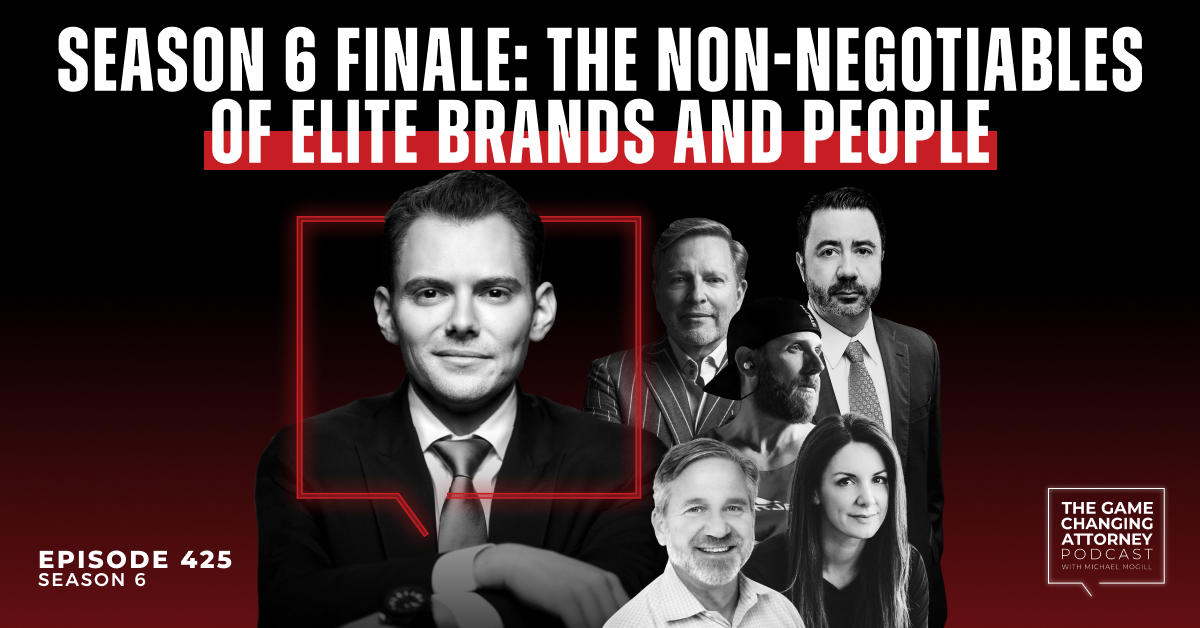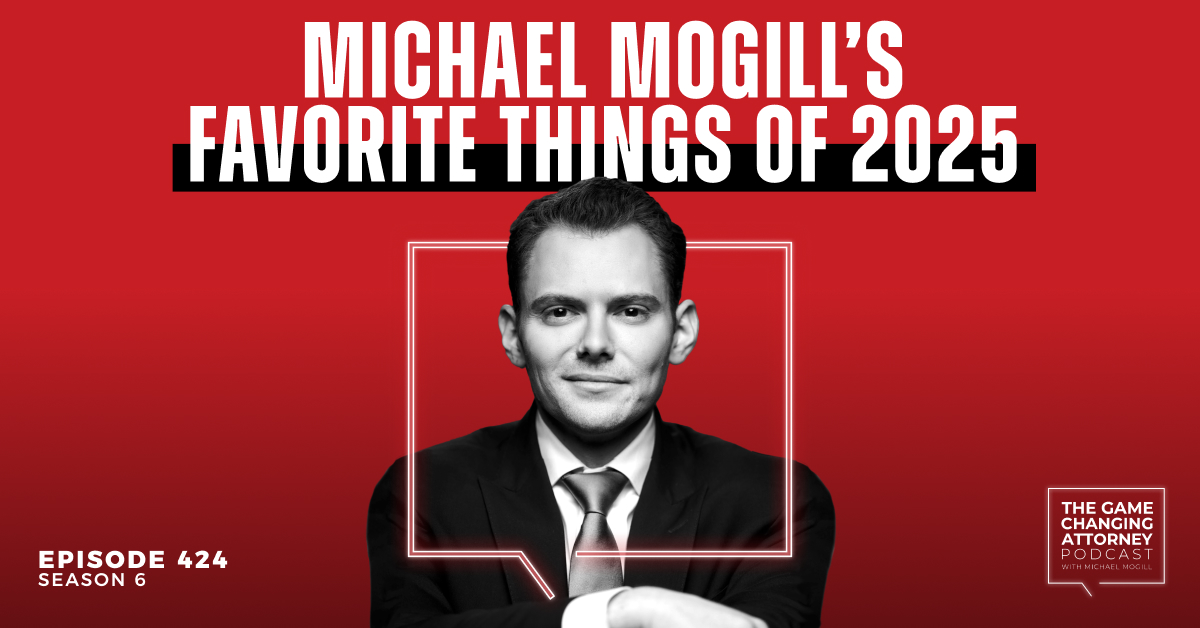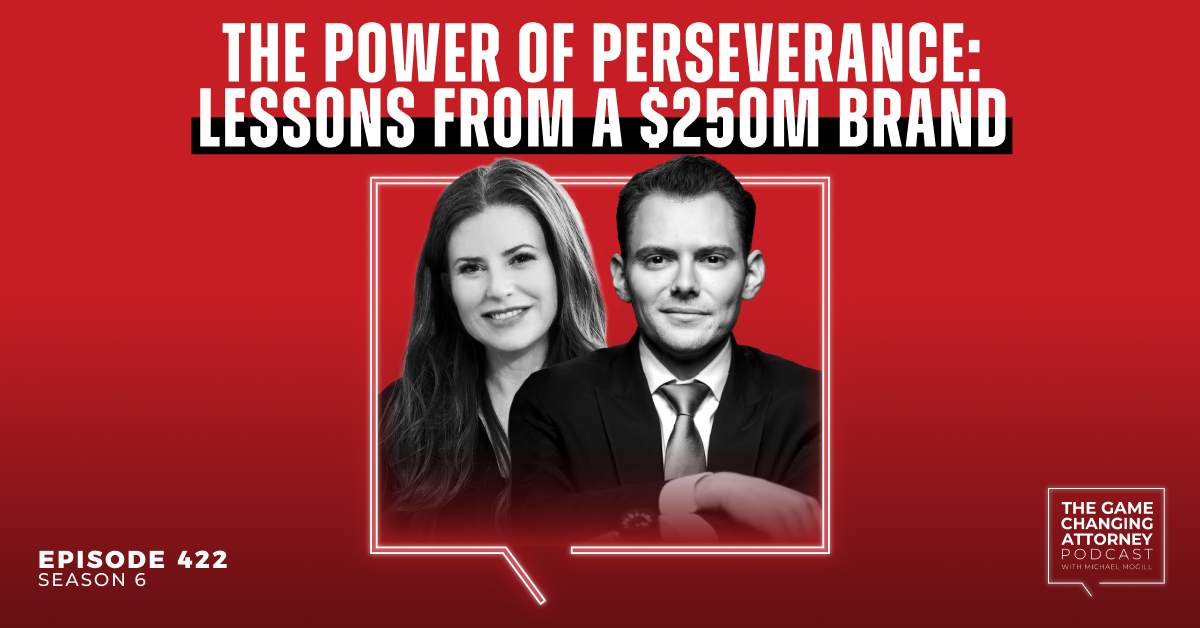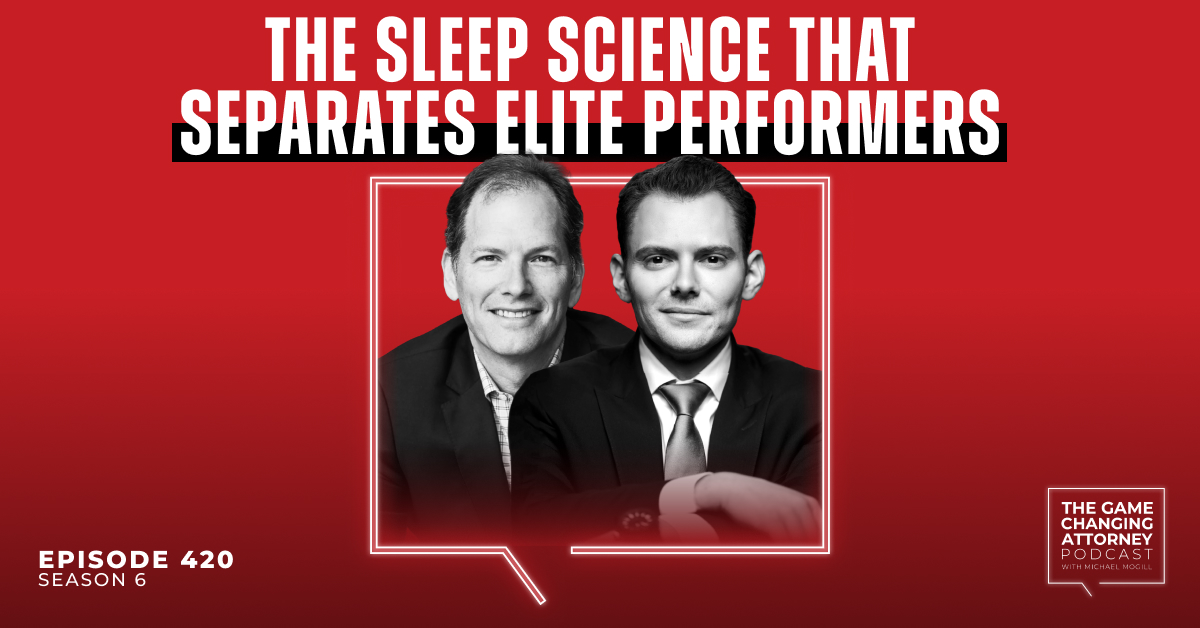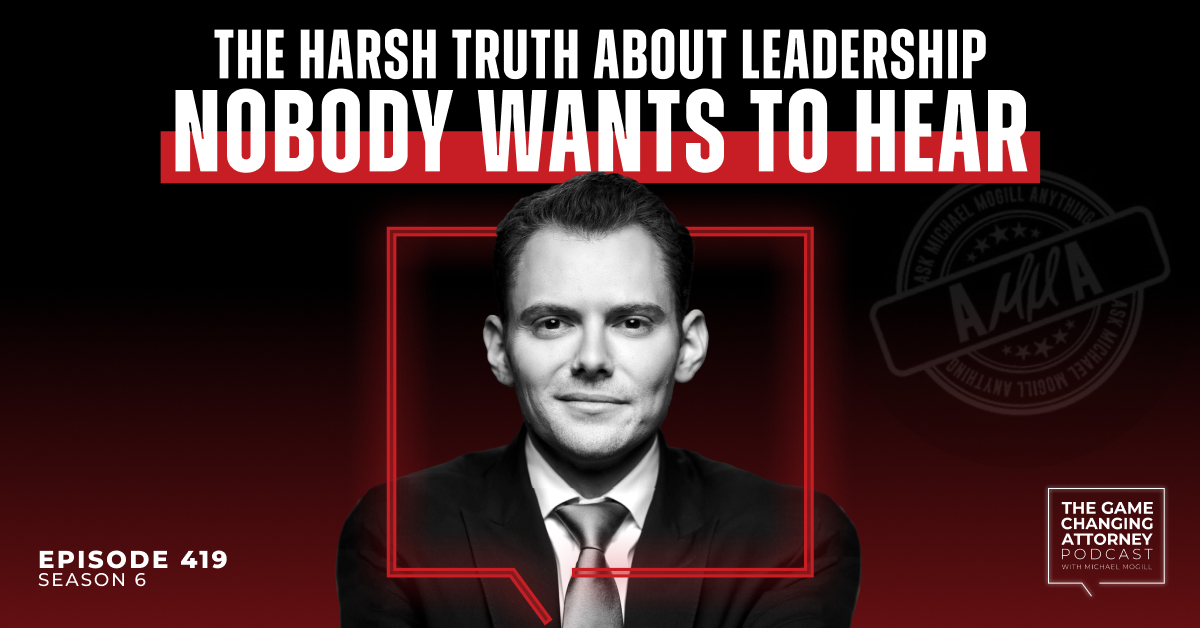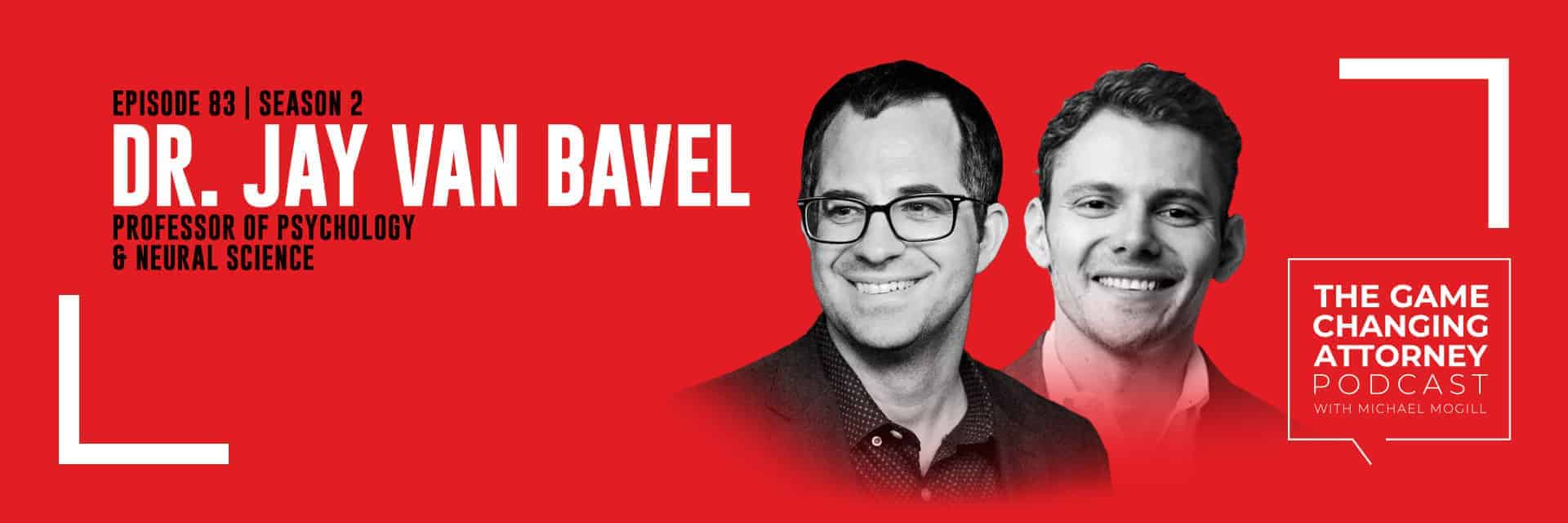
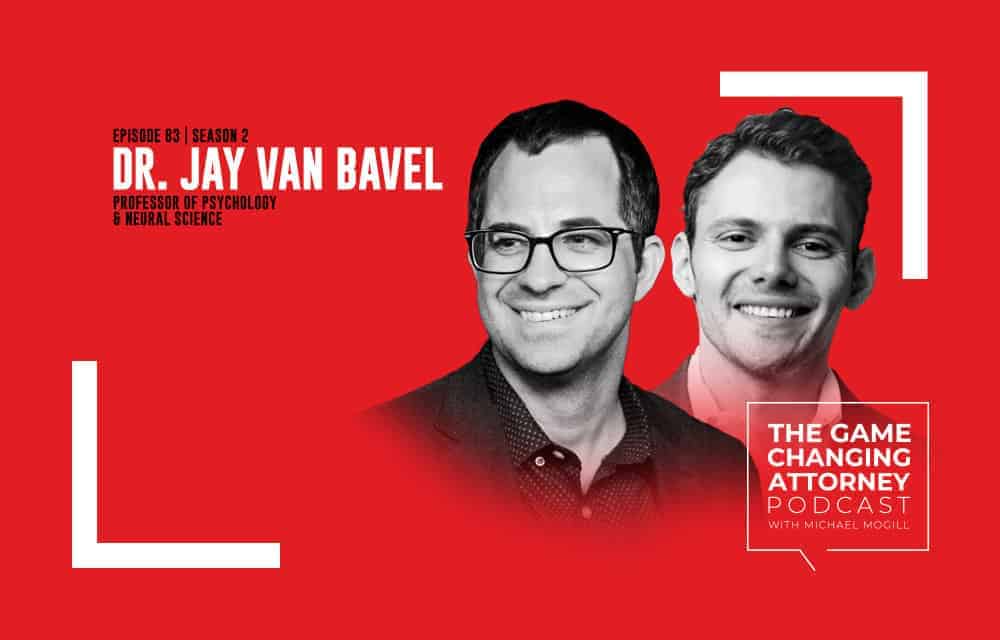
Episode 83 — Dr. Jay Van Bavel — The Power of Us: Harnessing Shared Identities
Dr. Jay Van Bavel is an Associate Professor of Psychology and Neural Science at New York University and Director of the Social Identity and Morality Lab.
His research shows that to become a game changing leader, you need to check yourself first, challenge your assumptions, and foster a community of healthy dissent.
In this episode, we sat down to dig into:
- How our social identities impact our perception of reality
- What conspiracy theorists have in common with moral rebels
- Why individual intelligence is not a cure for social stupidity
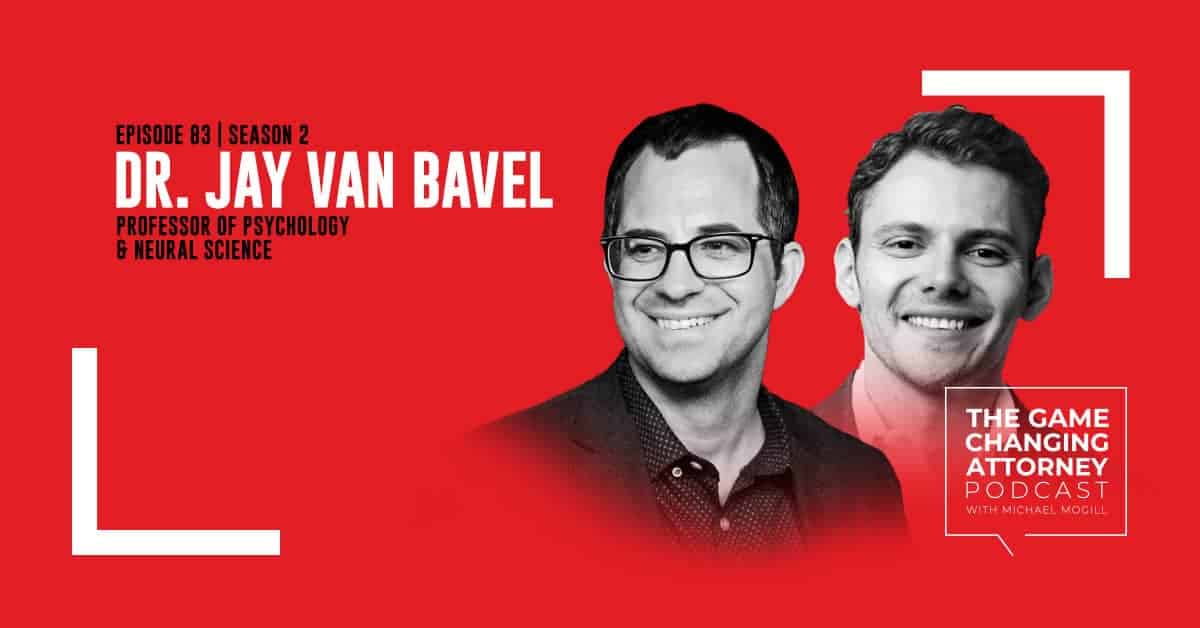
Listen & Subscribe
Show Notes:
6:05 – You are those around you. “We often think of ourselves as individuals, but when situations place us in a context where we need to work together, we form a shared identity. That can be at any level — a small team, an organization, or at a national level.”
7:32 – Flex your true colors. “One power we have as humans is that we can operate and shift identities in different groups. Some people think, ‘That’s just being a hypocrite.’ But being adaptable and flexible enough to have different identities is actually key to being successful as we move around the world. People who are really good at that are often very successful in different domains of life.”
10:28 – C’mon! Are you blind? “One reason why all fans hate the umps and the refs is that the refs don’t have the same identity on. We’re all biased because we’re fans of the teams. We’re filtering it and seeing things differently than the refs.”
13:35 – The more it matters, the more biased you are. “Our identities and the way we filter the world make it hard for us to have a notion of objective evidence. Objective evidence can help when things are unambiguous, but when it’s ambiguous, that’s when identities and how we filter the world matter a great deal.”
21:40 – Your reality is in your sense of belonging. “It’s really hard to cling to a false belief if you’re on your own, but if your community is bolstering and reinforcing that belief, it’s hard to leave. You don’t want to leave that community, and they allow you to maintain that shared reality no matter how false it is.”
26:20 – Challenge yourself first. “If you disagree with somebody, always do a naive realism check first to make sure you’re not the one who’s wrong. Always fact check yourself first before you go through the trouble of correcting someone else, because often you’re just not seeing it the right way or you missed something.”
29:11 – Consensus is a dangerous game. “As long as one person dissents, even if they’re wrong, it frees up the discussion for other people to think about new things or poke holes in bad ideas and tends to lead groups to better decisions. You can bake this into your procedures to make sure your blind spots get caught.”
41:11 – The courageous disagree. “Most people think when someone is dissenting that they don’t care about the group, but most of the time it’s the people who care about the group the most that are willing to suck it up and dissent.”
44:18 – What does being a game changer mean to you? “Knowing the best science, knowledge, data, and evidence on something — and then using it for good. We can know everything in the world, but if we don’t act on it to build communities and cultures that abide by it, we’re not going to be very game changing.”
EPISODE RESOURCES & REFERENCES
The Power of Us by Jay Van Bavel
Social Identity and Morality Lab
Dartmouth v Princeton Football Study
The Law and Psychiatry Division at Yale
Watch Behind the Curve on Netflix
Watch The Vow on HBO
Naive Realism
Connect with Michael
- Text directly at 404-531-7691
